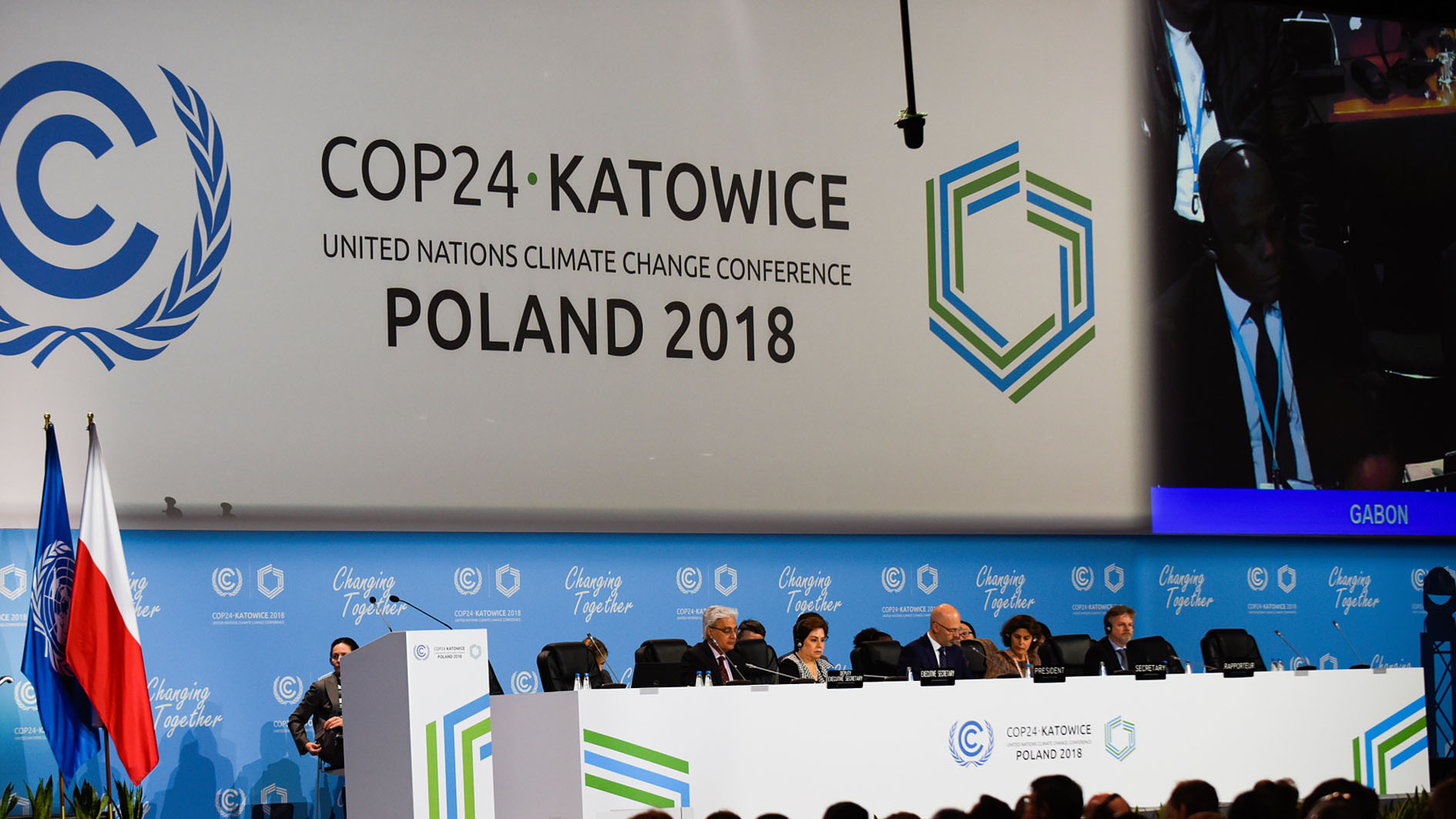
COP24
15:15, 03-Dec-2018
Growing skepticism as Poland's coal capital hosts UN climate talks
Updated
14:05, 06-Dec-2018
Alok Gupta
01:48

At the heart of Katowice, Poland's coal capital, global leaders are meeting to chalk out a strategy to save the planet from rising temperatures at the UN climate change conference, COP24.
Dubbed as Paris 2.0 by the UN climate change executive secretary, Patricia Espinosa, negotiators at COP24 will prepare a “rulebook” to implement the Paris agreement which was ratified by more than 184 governments in 2015. The pact agreed on limiting global temperature rise to “well below” 2 degrees Celsius above the pre-industrial era.
The Paris agreement built a consensus on putting a cap on temperature rise. It didn't provide a concrete plan on how to implement the decision. Last year in Bonn, negotiators were able to make considerable progress in developing the rulebook, but much of the work remained unfinished.
The 1.5 degree Celsius and missed emissions target to heat-up negotiations at COP24
A lot has changed in the last year.
During the previous COPs, governments attempted to define “well below” 2 degree Celsius. They requested the Intergovernmental Panel on Climate Change (IPCC), which through a special report said the effort should be made to limit the temperature rise within 1.5 degrees Celsius above the pre-industrial era.
It would mean countries would have to cut back emissions further and take more steps to limit temperature rise. Meanwhile, despite countries agreeing to the Paris agreement to cut back on emissions, rich nations failed to meet their nationally determined contributions (NDCs) for reducing emissions, a UN report revealed.
The issue is likely to heat-up negotiations at Katowice that will run from December 3 to 14. One of the critical components of the rulebook is to measure and maintain transparency regarding implementation of the NDCs.
The United Nations Emissions Report 2018, released a week before COP24, highlighted that global carbon emission has started rising for the first time in the last four years. At the present rate, the target can't be achieved even by 2030, the report said.
G20 countries, except China, Brazil, and Japan, are collectively not on track to meet their unconditional NDCs for 2030. The rise in emissions makes it difficult to implement recent IPCC recommendations, it said.
Furthermore, to keep to the 1.5 degrees Celsius goal, governments would have to slash emissions of greenhouse gases by 45 percent by 2030, the IPCC report mentioned.
Developing countries hopeful of climate finance
During the Copenhagen Climate Talks in 2009, COP 15, developing and island countries facing the worst consequences of climate change were promised a fund to deal with extreme weather events.
Developed countries promised to raise 100 billion U.S. dollars by 2020 to help developing nations deal with sea level rise, storms, heatwaves, and floods. The green climate fund (GCF), considered as the backbone of the Paris Agreement, was primarily opposed by the U.S. and Australia during climate talks in Bangkok in September.
The U.S. withdrawal from the Paris agreement has also put uncertainty on its commitment to contribute 3 billion U.S. dollars towards GCF. The stalemate is likely to become a contentious issue during COP24.
Countries are getting skeptical
The world's two largest emitters – China and the U.S. – collaborated with the EU and Brazil on most occasions on the issue of climate change. While the U.S. announced its withdrawal from the Paris pact, Brazil expressed inability to host COP25 next year.
Australia is getting skeptical about the climate pact, keeping in view its vast natural resources are a major boost to the national economy. Also, with Brexit deal a few months away, and France consumed with violent protests over the fuel price hike, EU leaders are likely to move extremely cautiously at COP24.

SITEMAP
Copyright © 2018 CGTN. Beijing ICP prepared NO.16065310-3
Copyright © 2018 CGTN. Beijing ICP prepared NO.16065310-3